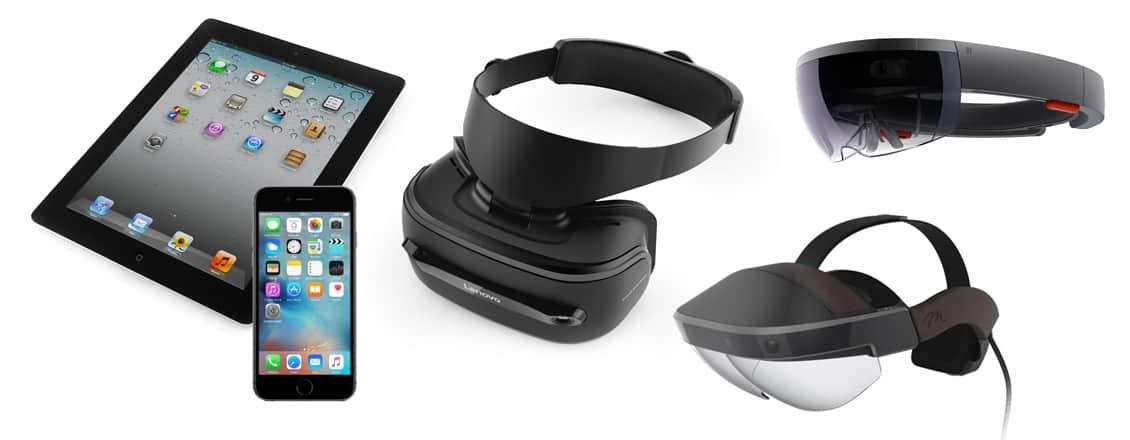-
Fil d’actualités
- EXPLORER
-
Pages
-
Groupes
-
Evènements
-
Reels
-
Blogs
-
Offres
-
Emplois
UK Augmented Virtual Reality Hardware Market Share, Forecast | 2035

A detailed UK Augmented Virtual Reality Hardware Market Share Analysis reveals a highly dynamic and evolving competitive landscape within the United Kingdom, where a clear leader in the consumer VR segment is being challenged by new, premium entrants and a more fragmented enterprise market. The vast majority of the UK's consumer virtual reality (VR) market share is currently held by a single company: Meta. Through its aggressive and highly successful strategy with the Quest line of standalone VR headsets, Meta has captured a commanding share of the consumer market. Its competitive strategy has been to offer a high-quality, all-in-one device at a relatively accessible price point, while simultaneously investing heavily in acquiring game studios to build a compelling library of exclusive content. This integrated hardware-software ecosystem approach has allowed Meta to build a significant early lead and a powerful network effect among UK gamers and early adopters. The UK Augmented Virtual Reality Hardware Market size is projected to grow USD 12.5 Billion by 2035, exhibiting a CAGR of 12.27% during the forecast period 2025-2034. Meta's ability to defend its dominant share against powerful new challengers will be the defining story of the competitive landscape.
The competitive landscape in the UK is being fundamentally reshaped and re-energized by the entry of other major technology and entertainment giants. The most significant of these challengers is Apple, with the launch of its high-end Vision Pro headset. While its initial market share in terms of unit volume in the UK will be small due to its premium price point, Apple's entry is a massive validation of the market and is set to catalyze competition at the high end. Its strategy is to define a new category of "spatial computing," deeply integrated into its powerful existing ecosystem. Another major player with a significant share of the UK's console-tethered VR market is Sony, through its PlayStation VR platform, which leverages the massive install base of PlayStation consoles. In the PC-tethered VR space, companies like Valve and HTC hold a strong position among UK gaming enthusiasts. The UK enterprise AR segment is more fragmented. Microsoft has a strong position with its HoloLens 2, targeting high-value industrial and healthcare applications. It faces competition from other players like Magic Leap and a host of smaller companies focused on specific industrial use cases.
Looking to the future, the distribution of market share in the UK is expected to become more contested and multifaceted. The "platform wars" are truly just beginning. The future of the competitive landscape will be a battle between the competing ecosystems of Meta, Apple, Google (through its Android XR platform and partnerships), and potentially others. A vendor's market share in the UK will be determined not just by the quality of its hardware, but by the strength of its operating system, its relationships with UK developers, and the availability of both global and locally relevant content. We can also expect to see a wave of new and increasingly competitive hardware from Chinese companies like Pico (owned by ByteDance), which are competing aggressively on price and features. The long-term distribution of market share will be a complex interplay between these different ecosystems, with some likely to focus on the gaming market, others on enterprise productivity, and others on creating a general-purpose spatial computing platform for the UK consumer.
Top Trending Reports -
- Art
- Causes
- Crafts
- Dance
- Drinks
- Film
- Fitness
- Food
- Jeux
- Gardening
- Health
- Domicile
- Literature
- Music
- Networking
- Autre
- Party
- Religion
- Shopping
- Sports
- Theater
- Wellness
